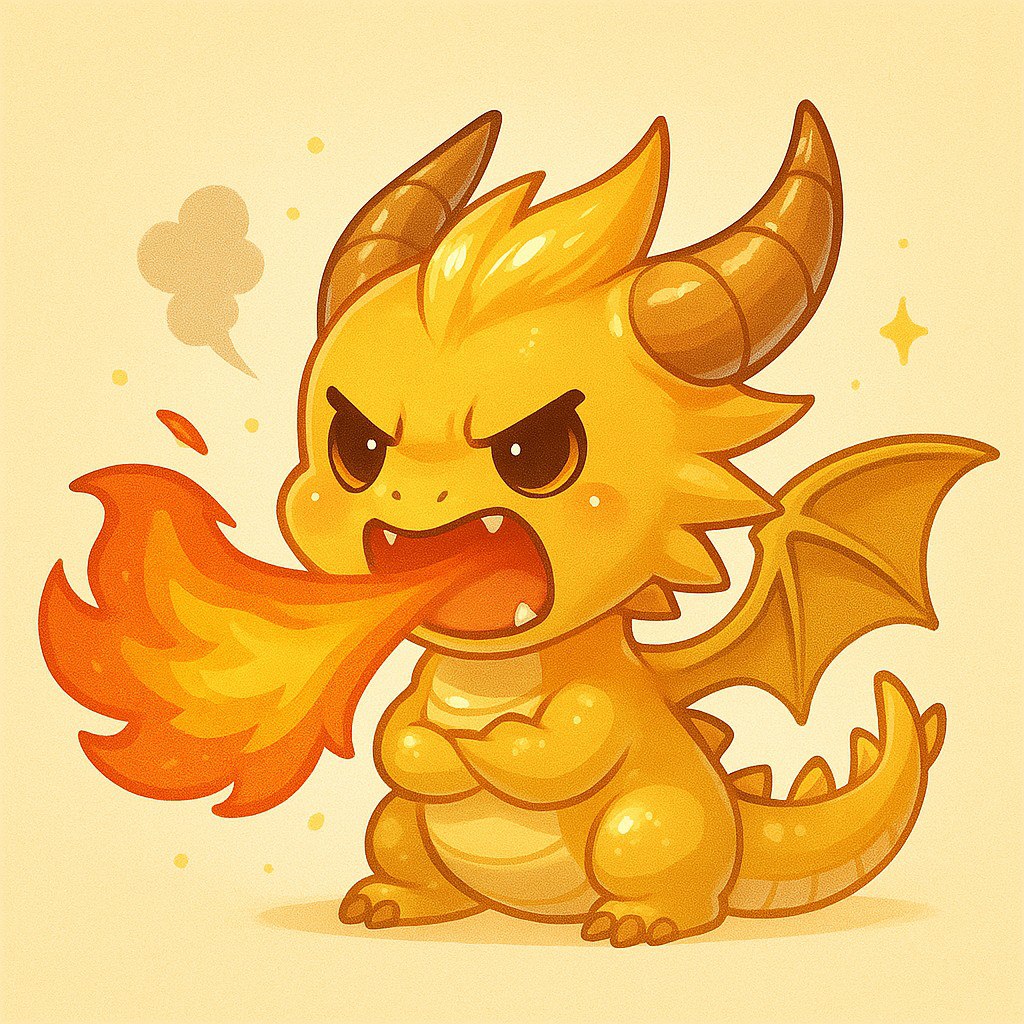| 일 | 월 | 화 | 수 | 목 | 금 | 토 |
|---|---|---|---|---|---|---|
| 1 | 2 | 3 | 4 | 5 | 6 | 7 |
| 8 | 9 | 10 | 11 | 12 | 13 | 14 |
| 15 | 16 | 17 | 18 | 19 | 20 | 21 |
| 22 | 23 | 24 | 25 | 26 | 27 | 28 |
| 29 | 30 |
- GLP-1 치료제
- orforglipron
- Novo Nordisk
- Viking Therapeutics
- survodutide
- tirzepatide
- 경구용 glp-1
- 제약바이오
- Nash
- GLP-1
- il-17 inhibitor
- GPCR
- gsbr-1290
- Pfizer
- Mash
- VK2735
- VKTX
- 바이오스터디
- nash/mash
- Semaglutide
- CAR-T
- danuglipron
- structure therapeutics
- lilly
- glp-1 비만치료제
- glp-1 비만
- tern-601
- 노보노디스크
- pemvidutide
- 비만치료제
- Today
- Total
제약바이오 츄롸이츄롸이
#001 CAR-T 치료제 본문
CAR (Chimeric Antigen Receptor) 구조:

(출처: Boettcher, M.; Joechner, A.; Li, Z.; Yang, S.F.; Schlegel, P. Development of CAR T Cell Therapy in Children—A Comprehensive Overview. J. Clin. Med. 2022, 11, 2158)
CAR의 구성요소로:
- Binding Domain : antibody의 부분 scFv
- Hinge Region
- Transmembrane Domain
- Intracellular Signaling Domain (CD3zeta)
1세대는 CD3zeta만 존재 / T-cell activation은 시키는데 cell expansion은 안된다고 함. 그래서 2세대 개발
2세대에는 co-stimulatory domain (CD28 or 4-1BB) 1개
3세대에는 co-stimulatory domain 2개
4세대는 CAR-T efficacy 및 persistence 향상 등을 위해 cytokine 등이 추가
4-1BB: central memory T cell maturation 강화해서 persistence 증가 효과
CD28: effector memory T cell를 저하해서 persistence 감소 효과, expansion은 강화되는것 같음.
CD28은 rapid expansion하는 효과가 있어서 CRS랑 ICANS 발생하는 원인
최근에는 site-specific CAR transgene interation at TRAC locus
장점은 TCR knockout이라서 allogeneic approach에 많이 쓰이는듯.
CAR의 진화:

(출처: Boettcher, M.; Joechner, A.; Li, Z.; Yang, S.F.; Schlegel, P. Development of CAR T Cell Therapy in Children - A Comprehensive Overview. J. Clin. Med. 2022, 11, 2158)
CAR-T와 antigen과 binding은 10-40nm 정도로 유지해줘야 되나봄 (TCR-MHC 결합도 10-40nm 인듯; 15nm)
FDA허가된 CAR 구조형태:

(출처: Boettcher, M.; Joechner, A.; Li, Z.; Yang, S.F.; Schlegel, P. Development of CAR T Cell Therapy in Children - A Comprehensive Overview. J. Clin. Med. 2022, 11, 2158)
허가된 CAR-T 치료제 개요:

(출처: Mitra A, Barua A, Huang L, Ganguly S, Feng Q and He B (2023) From bench to bedside: the history and progress of CAR T cell therapy. Front. Immunol. 14:1188049)
CD19 antigen:
anti-CD19에 사용되는 항체들 FMC6, AB1, AB4, 4G7, HD37, BU12, F974A2, Sj25
FMC63 binding affinity = 0.32nM
Lymphodepletion
4 x Fludarabine (Flu) 30mg/m2
2 x Cyclophosphamide (Cy) 500mg/m2
Lymphodepletion 효과로 immunesuppressive cell (Treg, MDSC 세포와 같은) 세포를 없애줘서 CAR-T expansion이 가능캐하고 immunesuppression 때문에 cancer cell이 co-stimulatory ligand 발현을 증가시켜서 anti-cancer 효과를 늘림.
CAR에 대해서도 immune tolerance를 증가시키기 위함도 있음.
CAR-T의 부작용은 대표적으로 CRS/Neurotoxicity
- CRS (Cytokine Release Syndrome): IL-6가 메인 원인
- Neurotoxicity: 딱히 mechanism이 알려져 있지 않은듯.
가설로 CNS 내부에서 cytokine increase 혹은 cytokine increase가 BBB permeability를 증가시켜 CAR-T가 침투로 인한 것으로 추정.
CAR affinity가 강하면 부작용 빈도도 높아지는듯 (FMC63 0.32nM vs CAT19 14nM)
CAR-T 치료 flow & complications

(출처: Boettcher, M.; Joechner, A.; Li, Z.; Yang, S.F.; Schlegel, P. Development of CAR T Cell Therapy in Children - A Comprehensive Overview. J. Clin. Med. 2022, 11, 2158)
CAR-T 치료 가격은 대략 $500,000 / manufacturing time 21-35 days (real world는 더 길었던것 같은데?)
CAR-T 생성에 대한 최소 150 CD3+ cells/uL에서도 정상적으로 생산된 적이 있따함. (expansion은 잘되는듯)
IL-2, IL-7, IL-15 등과 섞고 anti-CD3/CD28을 활용해서 expansion 시킴. IL-7과 IL-15는 stem memory phenotype을 늘림.
CD4:CD8 ratio도 중요한가봄. CD4+ naiive/CD8+ central memory 1:1 비율이 가장 optimal이라 하는데 정해진 비율 없는듯.
CAR-T 생성관련:

(출처: Mitra A, Barua A, Huang L, Ganguly S, Feng Q and He B (2023) From bench to bedside: the history and progress of CAR T cell therapy. Front. Immunol. 14:1188049)
CAR치료의 Relapse는 크게 2가지로 구분
- Antigen Positive Relapse
CAR-T 반응이 부족 with transient B-cell aplasia. CAR-T persistence가 약해서 일어나는 relapse
- Antigen Negative Relapse
CD19-negative relapse가 대략 20% 정도라고 함. 주로 4-1BB costimulatory domain이 있는 CAR-T에서 antigen negative relapse가 많이 발생; 그 이유는 4-1BB가 T-cell persistence를 늘려주기 때문에
CD19가 세포에서 그냥 사라짐. 주로 exon 1-13 mutation으로 인해 발생.
원래 Exon 1-4가 extracellular domain, Exon 5-13이 transmembrane domain
참고 Reference들:
- Mitra A, Barua A, Huang L, Ganguly S, Feng Q and He B (2023) From bench to bedside: the history and progress of CAR T cell therapy. Front. Immunol. 14:1188049. doi: 10.3389/fimmu.2023.1188049
- Sermer D, Brentjens R. CAR T-cell therapy: Full speed ahead. Hematological Oncology. 2019; 37(S1): 95–100
- Boettcher, M.; Joechner, A.; Li, Z.; Yang, S.F.; Schlegel, P. Development of CAR T Cell Therapy in Children—A Comprehensive Overview. J. Clin. Med. 2022, 11, 2158
- Aparicio, C., Acebal, C. & González-Vallinas, M. Current approaches to develop “off-the-shelf” chimeric antigen receptor (CAR)-T cells for cancer treatment: a systematic review. Exp Hematol Oncol 12, 73 (2023)
- Sermer D, Brentjens R. CAR T-cell therapy: Full speed ahead. Hematological Oncology. 2019; 37(S1): 95–100
- Salas-Benito D, Berger T, Maus M. Stalled CARs: Mechanisms of Resistance to CAR T Cell Therapies. Annu. Rev. Cancer Biol. 2023.7:23-42
- Chen YJ, Abila B, Mostafa Kamel Y. CAR-T: What Is Next? Cancers (Basel). 2023 Jan 21;15(3):663
'제약바이오 스터디' 카테고리의 다른 글
| #006 CAR-T in autoimmune disease (Real-World Evidence #3) (0) | 2024.02.23 |
|---|---|
| #005 Allogeneic CAR (동종 CAR 세포치료제) (0) | 2024.02.16 |
| #004 CAR-T in autoimmune disease (Real-World Evidence #2) (0) | 2024.02.15 |
| #003 CAR-T in autoimmune disease (Real-World-Evidence #1) (1) | 2024.02.14 |
| #002 CAR-T in autoimmune disease (0) | 2024.02.02 |





